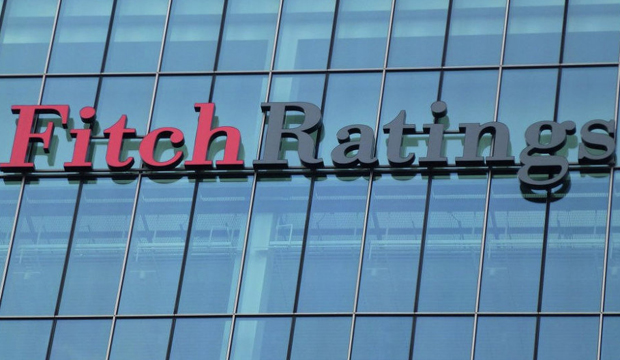December, 17, 2019

Fitch Ratings Lanka has revised the Outlook on Sri Lanka-based National Insurance Trust Fund Board (NITF) to Negative from Stable and has affirmed the insurer's National Insurer Financial Strength (IFS) Rating at 'AA-(lka)'.
The Outlook revision reflects the increased volatility in NITF's capitalisation, measured by the regulatory risk-based capital (RBC) ratio, which fell to 180% in 9M19 (2018: 257%). The affirmation reflects NITF's 'Favourable' business profile, financial performance that is better than that of the industry and conservative investment mix.
The fall in the insurer's regulatory capital position was caused by higher claims in its inward reinsurance business, which exceeded the net retention of LKR1 billion under NITF's reinsurance arrangements, as well as large dividend payments to the state. The higher claims have increased claim liability provisions, which in turn have increased the regulatory capital requirement.
"We expect the provisions to reduce gradually as claims are settled, improving the RBC ratio, although the insurer's capital position may come under further pressure if it continues to pay high dividends, especially during periods of large losses. NITF's dividend pay-out averaged over 100% in the last three years," Fitch said.
NITF's combined ratio rose to 94% in Q319, from 86% in 2018, following large claims in the inward reinsurance class. Despite this, its combined ratio was below industry average, supported by modest claims from the Strike, Riot, Civil Commotion and Terrorism programme and NITF's low-cost operating model. However, we think profitability could be pressured if the proposed LKR1 billion premium contribution increase from the government for the Natural Disaster Insurance Scheme does not materialise.
Fitch ranks NITF's business profile as 'Favourable' compared with other domestic non-life insurers due to its substantive business franchise, supported by its full government ownership and role in implementing state policies. NITF is the only domestic reinsurer and a state mandate requires all domestic non-life operators to cede 30% of their reinsurance to NITF. NITF's unique product mix, with minimal claim history in some of its business lines, is offset by high exposure to the risk of losses from catastrophe events and its reinsurance business.
NITF's investment policy is conservative. It is only permitted to invest in government securities and the equity of hospital projects under its legislation. The insurer mostly invests in short-term government securities to maintain sufficient liquidity.